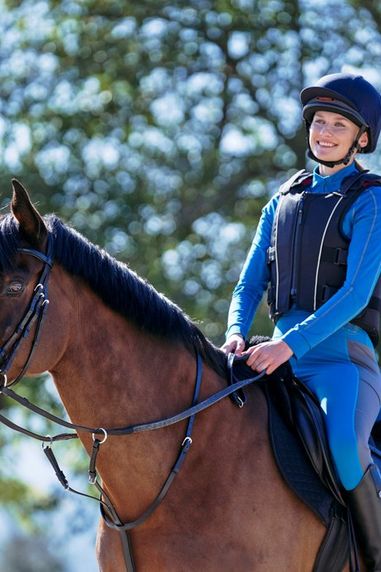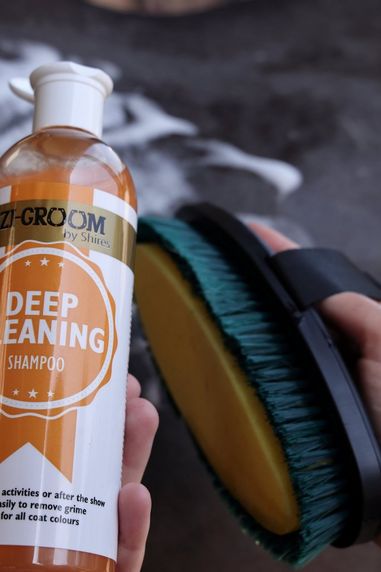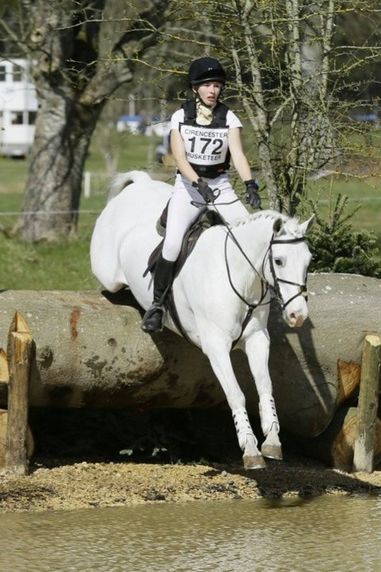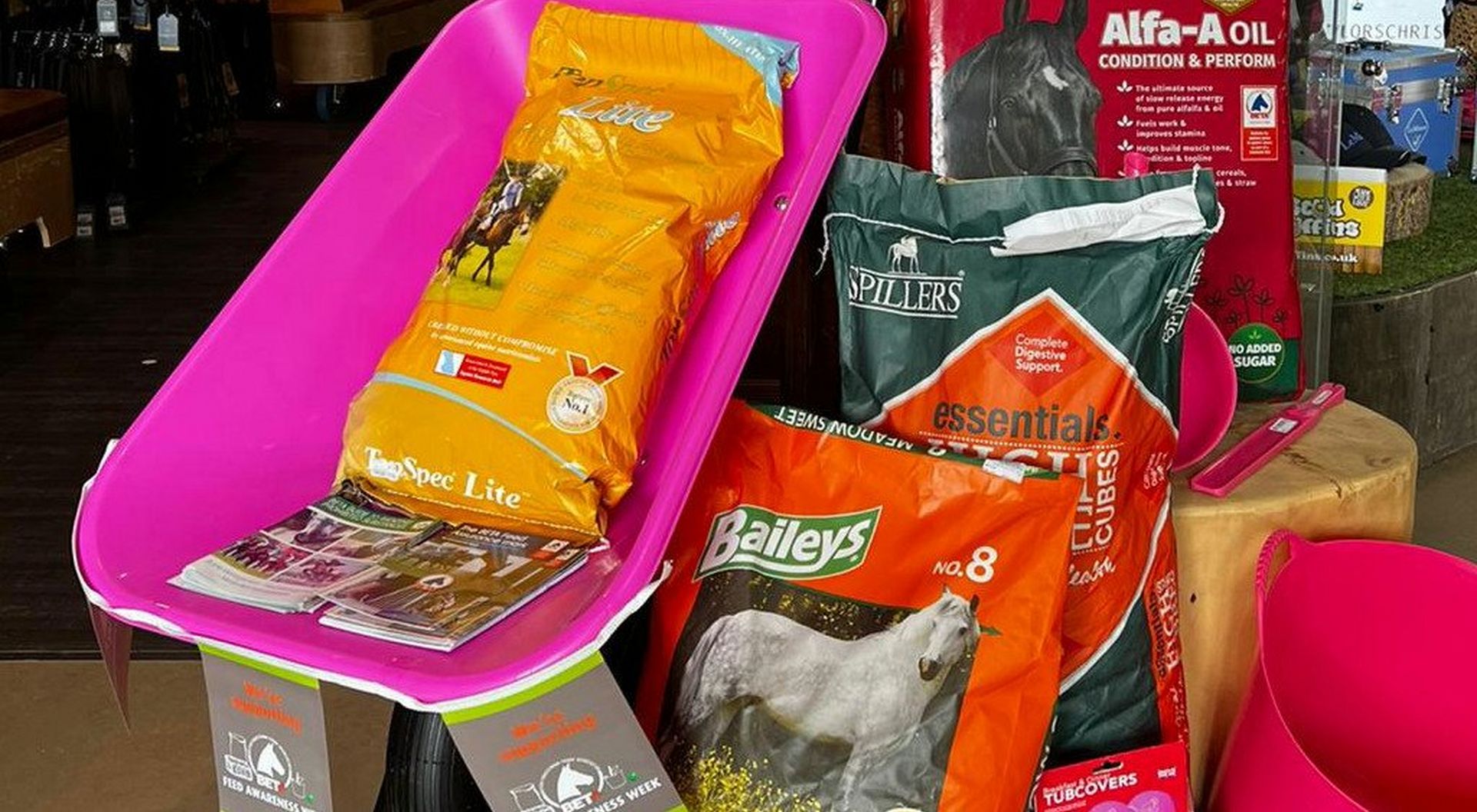
Are you happy with your horse's diet, weight and overall condition? Inline with BETA Feed Fact Fortnight, this Let's Chat Tuesday we got talking about nutrition and you certainly gave us some food for thought! So, here we're going to be taking a look at the feed and supplements you like best, what they do and how they work. We'll even be answering some of the most common questions around diet. Stick with us to find out more.
Does your horse have hard feed?
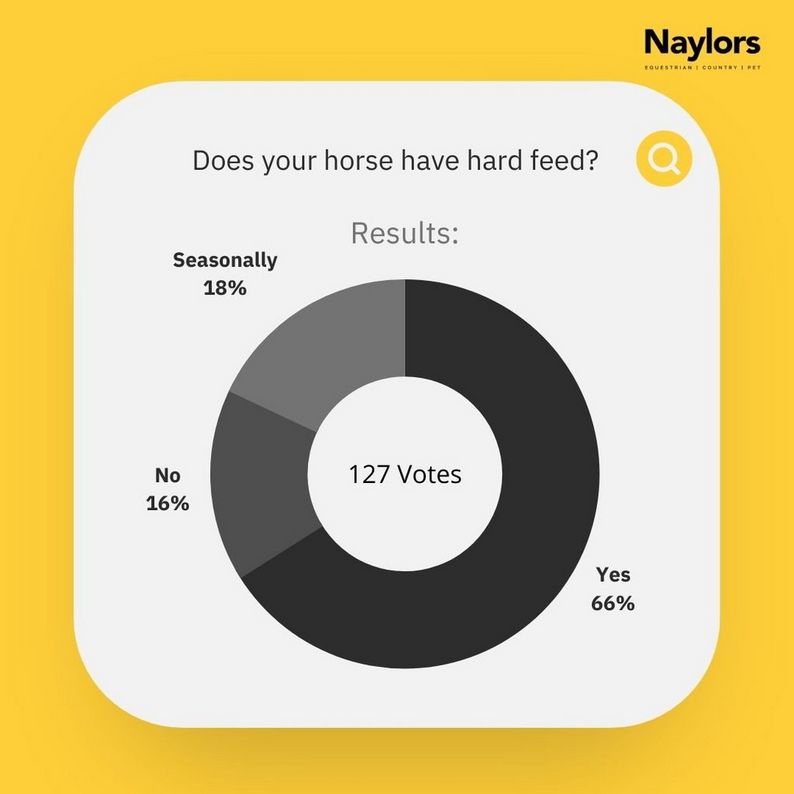
Does your horse have hard feed? 66% of you said yes! If your horse is a poor-doer, we'd bet you were one of them. For those of us with good-doers however, it can feel like we're spending money to add unnecessary calories, for no good reason! Don't be fooled though, this simply isn't true. Hard feed is a really important part of our horse's diet. This is especially the case when they're stabled or their food intake is restricted. Keep reading to find out more about the types of feed and how they should be utilised.
What's in your horse's feed?
It's what's on the inside that matters! We asked you "What products are in your horse's feed?". From Alfa A and Conditioning Cubes to Grass Pellets and Low Cal Balancer, almost all of you answered: A balancer, combined with chaff or mash. If you agree, here's why you're probably getting it right!
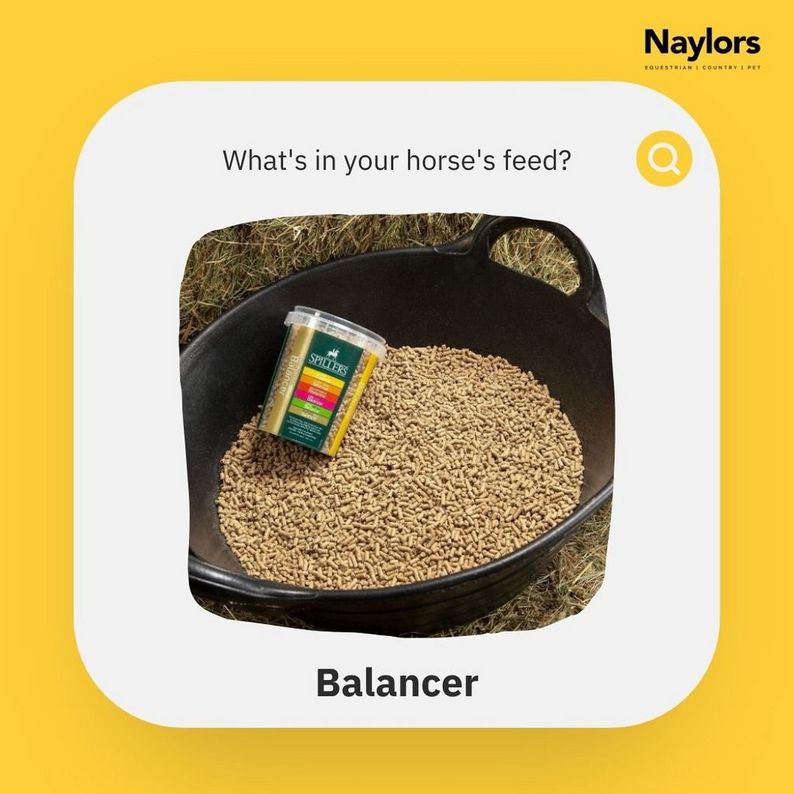
Balancers
Just like it says in the name, these are designed to balance your horse's diet. Feeding a balancer isn't about adding calories. Especially formulated to provide vital vitamins and minerals, they're designed to keep your horse looking and feeling his best.
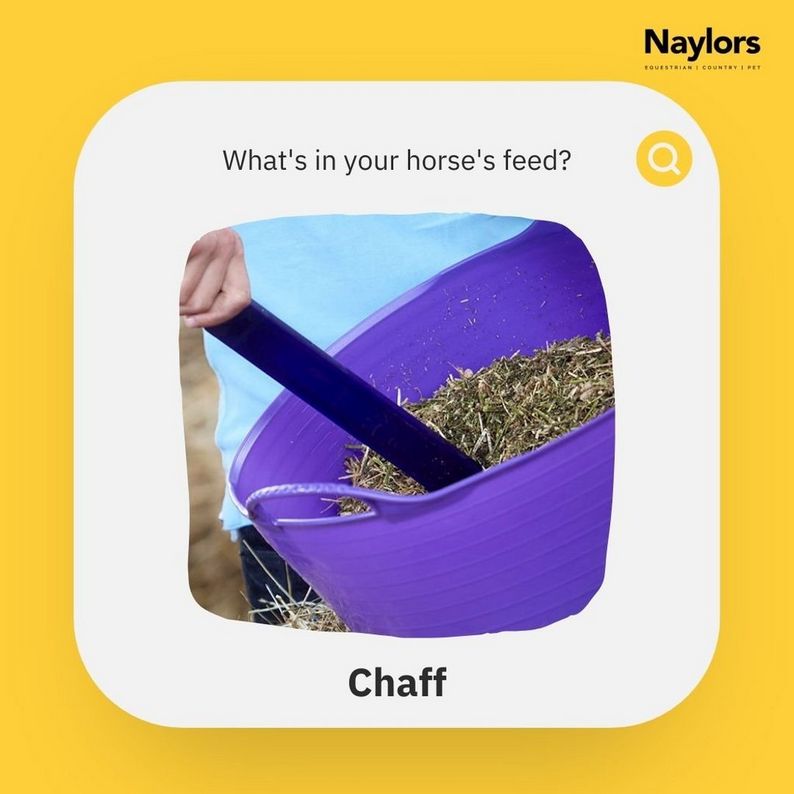
Chaff
There are two distinct types of chaff, straw and alfalfa. Straw chaffs are generally made using oat or wheat. More often than not, these are a little less pricey. For good-doers, they're harder to digest, acting as a great filler, slowing down eating and encouraging chewing. For poor-doers and those prone to ulcers, alfalfa is usually the chaff of choice. This is a highly digestible source of fibre. Creating a natural buffer against stomach acid, it's scientifically proven to encourage a healthy digestive system.
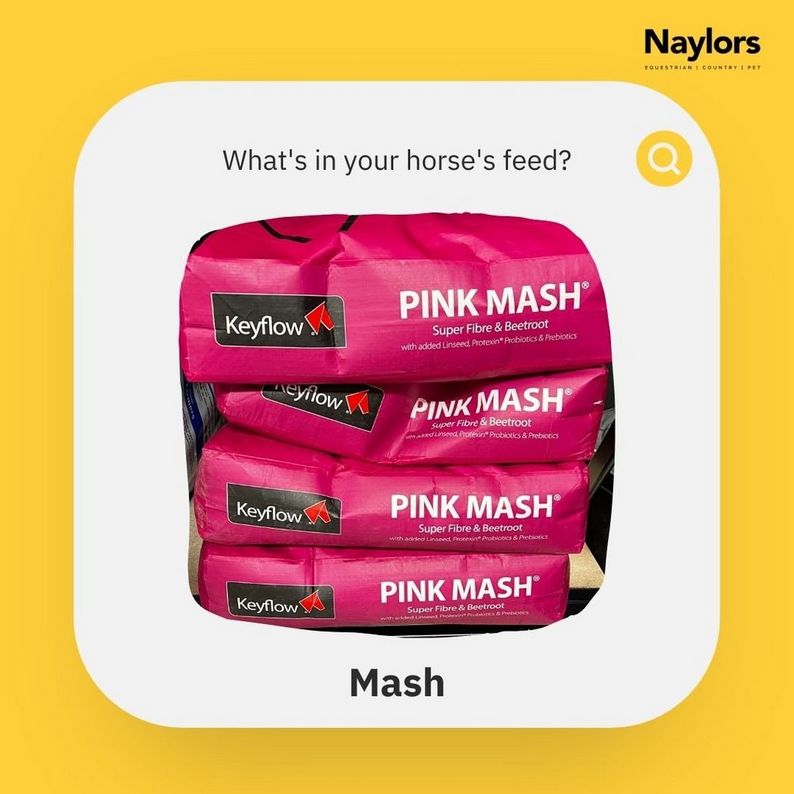
Mash
Soaked feeds are ideal for increasing our horse's water intake, preventing dehydration. They're also fantastic for horses with poor dentition. Most adopt a fibre first approach, including Fibre-beet, Fast Fibre and Pink Mash. Some however are high in oil, like Linseed Mash, for promoting weight gain and condition. Mashes should almost always be fed alongside a balancer, they're not designed to provide enough vitamins and minerals when used alone.
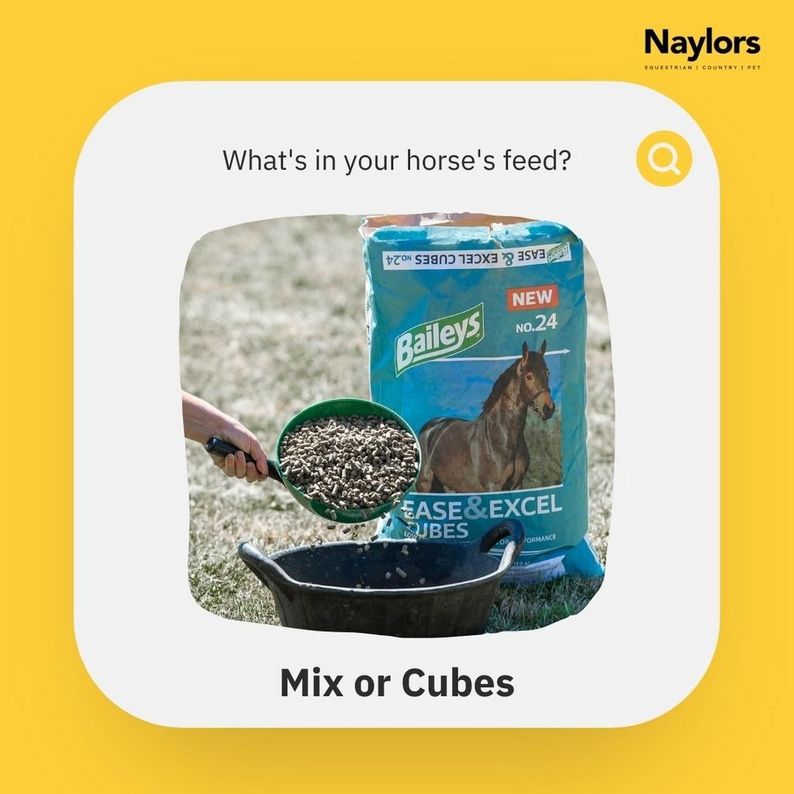
Mixes & Cubes
Some of you also told us that you used a mix or cube. From Top Line Conditioning Cubes and Competition Mix to Keep Calm and Youngstock Mix, these feeds are formulated to provide much more targeted nutrition. Different to balancers, not every horse will need or benefit from them. That being said, if you have a horse that requires a more tailored diet, such as those in hard work, breeding or growing, it's worth taking a closer look at what's available.
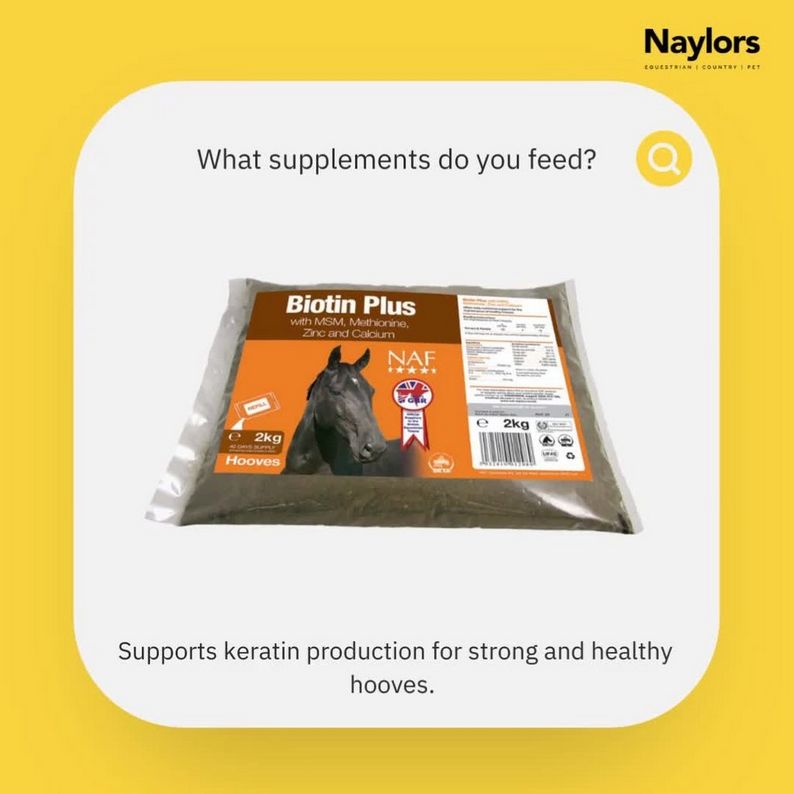
Do you add any supplements and why?
If you're not keen on using a mix or you like to take an even more granular approach, supplements are a great option. In some cases, these can be used to manage and prevent specific issues. We asked you what you add to your horse's feed and why. Take a look at some of the answers we received.
Your Questions Answered
Q. Is it normal for my horse to not like chaff?
A. Yes! Just like ourselves, our horse's have likes and dislikes when it comes to food. It's not unusual for some horses to dislike chaff, especially if they're a fussy eater. As mentioned earlier, there are two types of chaff, straw and alfalfa. Generally, alfalfa chaff is more palatable. While it's still high in fibre, it's less stalky, nicer to chew and easier to digest. It's worth giving this a try if you haven't already. If you find your horse still isn't keen but you'd like them to have chaff, you can add palatability enhancers to tempt them. Mint is considered great for this and it can also help calm and settle the digestive system.
Q. My horse is fat, does he still need a feed?
A. Yes! It's easy to look at a horse that's overweight and assume they don't need a feed. The thing is though, if we were to eat loads of chocolate and cake (tempting), we'd gain weight, but there's still a good chance we'd be missing out on shed loads of important nutrients. This is because we're eating too much of the wrong things. It's the same for our horses. If your horse is overweight, opt for a light balancer and a plain straw based chaff or soaked low sugar fibre mash. This will help ensure they're getting a balanced diet, without adding too many unnecessary calories. Top Tip: Weigh your dry feed and make sure you account for this when you're measuring their haynets.
Q. Should I feed a supplement or a balancer?
A. Good question! In truth, it depends on your horse and how much you'd like to feed. For either method to work correctly, you must feed in accordance with the manufacturers recommendations. When trying to keep meals small, it's easier to feed the correct amount of a general purpose supplement. If you are already feeding larger meals however, it's best to replace some of their chaff or mash ration with a balancer. This is more cost effective and they'll still have a nice full belly!

